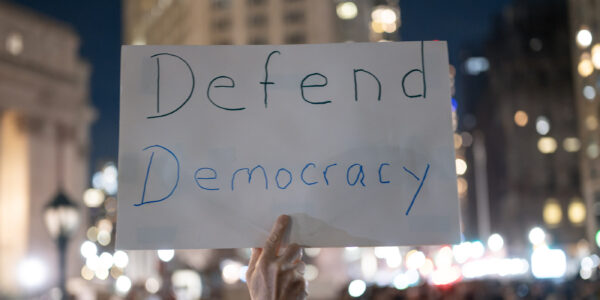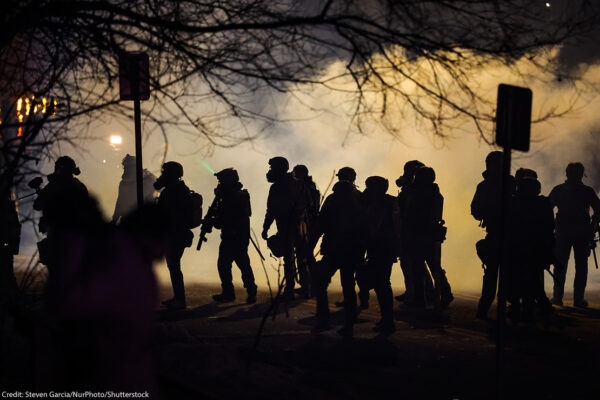
What frightening powers might be conferred when organizations like the NSA have personal information on ordinary Americans?
Which state celebrates Native American Day on the second Monday in October (Columbus Day)?
What New York City fan convention for graphic novels hosted several panels addressing the (lack of) visibility of LGBTQAI individuals, people of color, and women in comics?
Does the NSA need an enormous database of everyone's phone records to track a discrete number of terrorists?
The Hemisphere Project, through which the government has paid AT&T for access to an enormous database of our telephone calls, violates which constitutional amendment?
On the Prospect of Blackmail by the NSA
What if the NSA has something on those public officials that speak out in defense of NSA spying and that's why they are saying this? The breadth of the NSA's newly revealed capabilities makes the emergence of such suspicions in our society inevitable. Especially given that we are far, far away from having the kinds of oversight mechanisms in place that would provide ironclad assurance that these vast powers won't be abused.
This Week We Honor Native Americans (And Not That Other Guy)
This Monday, there was a federal holiday in honor of Christopher Columbus, but in South Dakota, citizens celebrated Native American Day, "dedicated to the remembrance of the great Native American leaders who contributed so much to the history of [their] state." South Dakota's unique celebration of Native Americans instead of Christopher Columbus is important and not without controversy. However, the controversy should be in celebrating Christopher Columbus.
Cosplaying While Gay, Black, or Female at New York Comic Con
Last weekend was New York Comic Con (NYCC), and in addition to the usual comic book enthusiasts and army of animated cosplayers, there seemed to be a bit of an uprising brewing. The ACLU's Danielle Aronson blogs on panels she attended that address the (lack of) visibility of LGBTQAI individuals, people of color, and women, and the intersection of geekdom and all things ACLU.
No NSA Poster Child: The Real Story of 9/11 Hijacker Khalid al-Mihdhar
Since whistleblower Edward Snowden exposed the incredible scope of the government's domestic spying programs, two different narratives are moving forward in Congress.
One, expressed most recently by Sen. Dianne Feinstein, D-Calif., in the Wall Street Journal, argues that the government's collection of all Americans' calling data "is necessary and must be preserved if we are to prevent terrorist attacks."
The other, offered by Sen. Ron Wyden (D-Ore.), Rep. James Sensenbrenner (R-Ohio), and others is that the Justice Department, National Security Agency and FBI have repeatedly misled members of Congress and the public about the nature of their spying programs, as well as their effectiveness, and they need to be reined in to protect Americans' rights.
Creepy Government Surveillance Shouldn't Be Kept Secret
Shocking revelations about creepy government surveillance came in waves over the summer, from the Snowden leaks to the Hemisphere Project, through which the government has paid AT&T for access to a mind-bogglingly vast database of our telephone calls. In many cases of new surveillance technologies like Hemisphere, there are serious constitutional concerns that courts have not yet reviewed. That's where we come in.
This week the ACLU and the Electronic Frontier Foundation filed an amicus brief in United States v. Diaz-Rivera, a criminal case that could present the first opportunity for a court to review the constitutionality of the Hemisphere Project (you can read the brief here).
Learn more about your civil liberty issues: Sign up for breaking news alerts, follow us on Twitter, and like us on Facebook.


